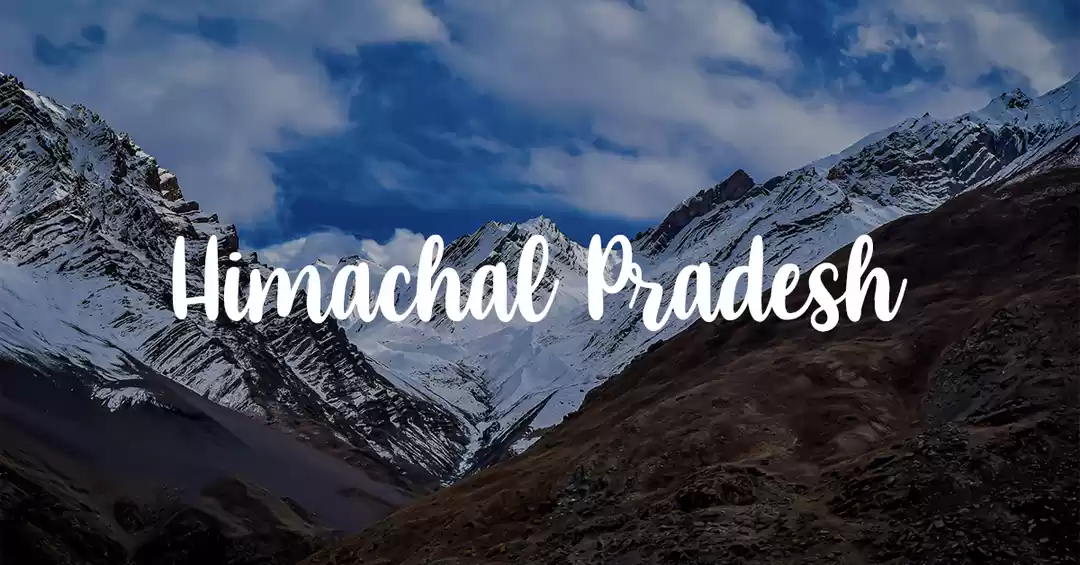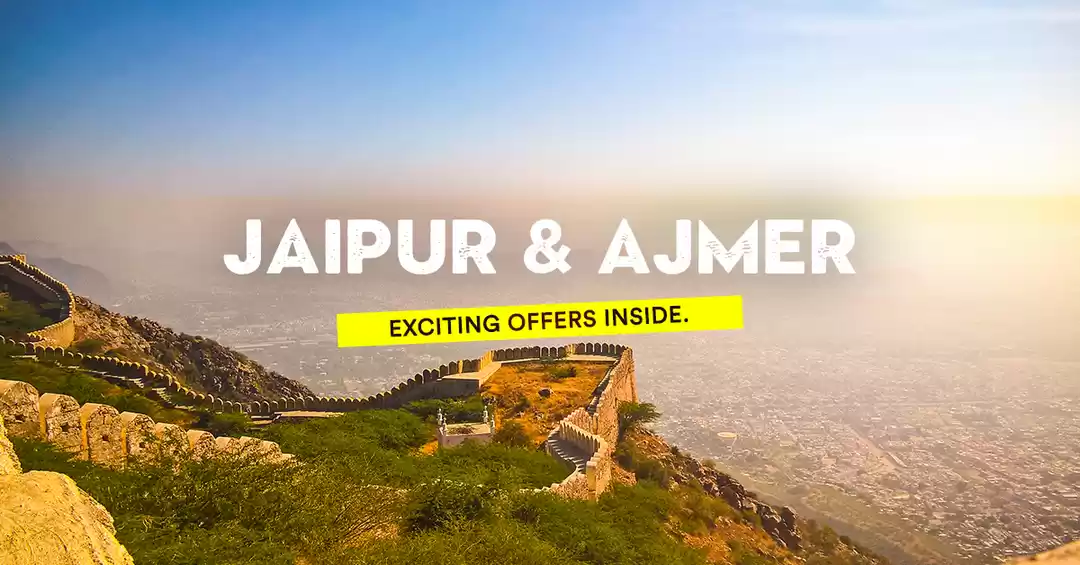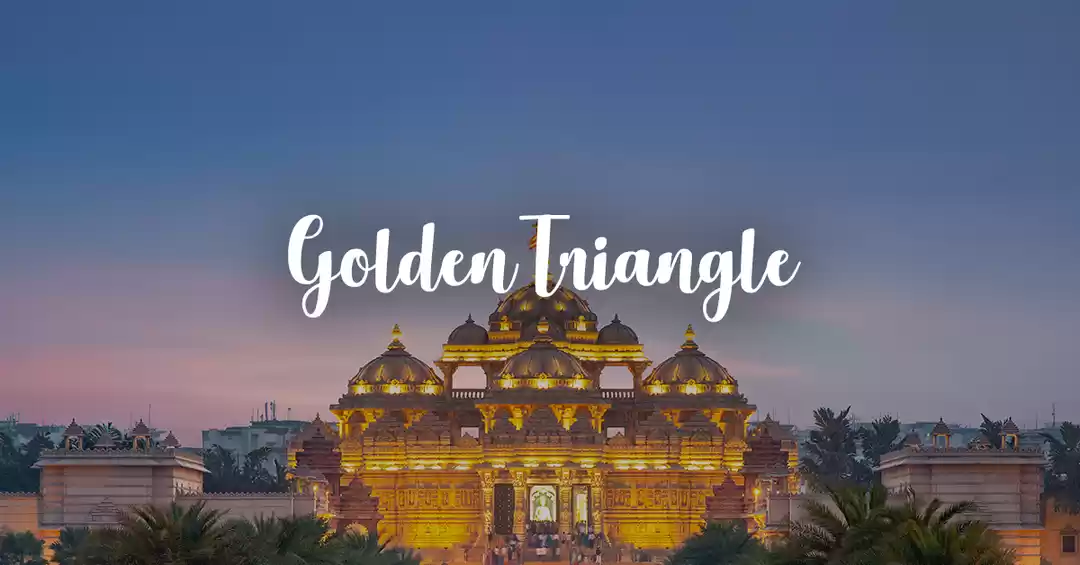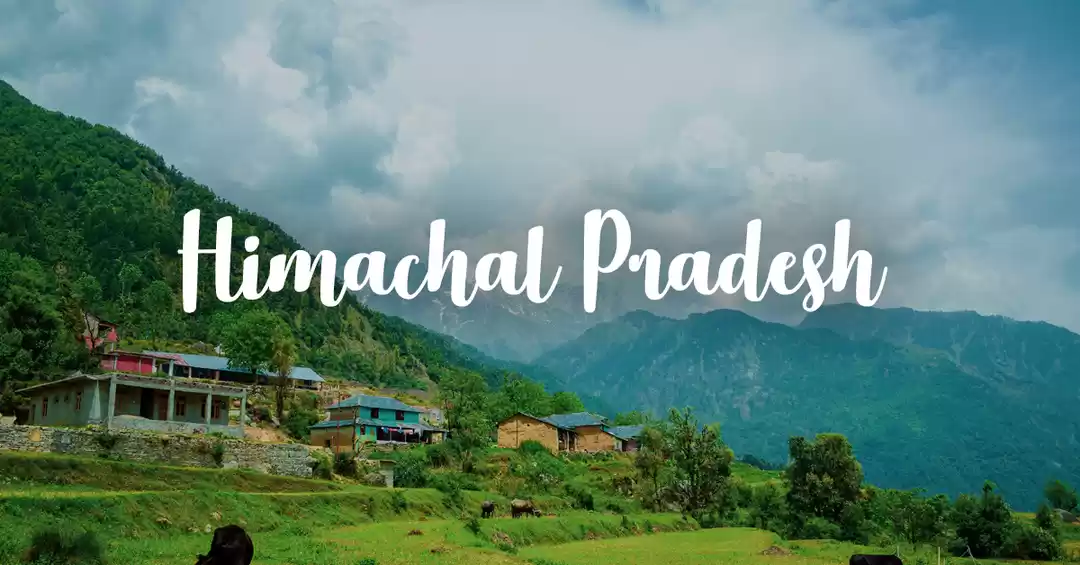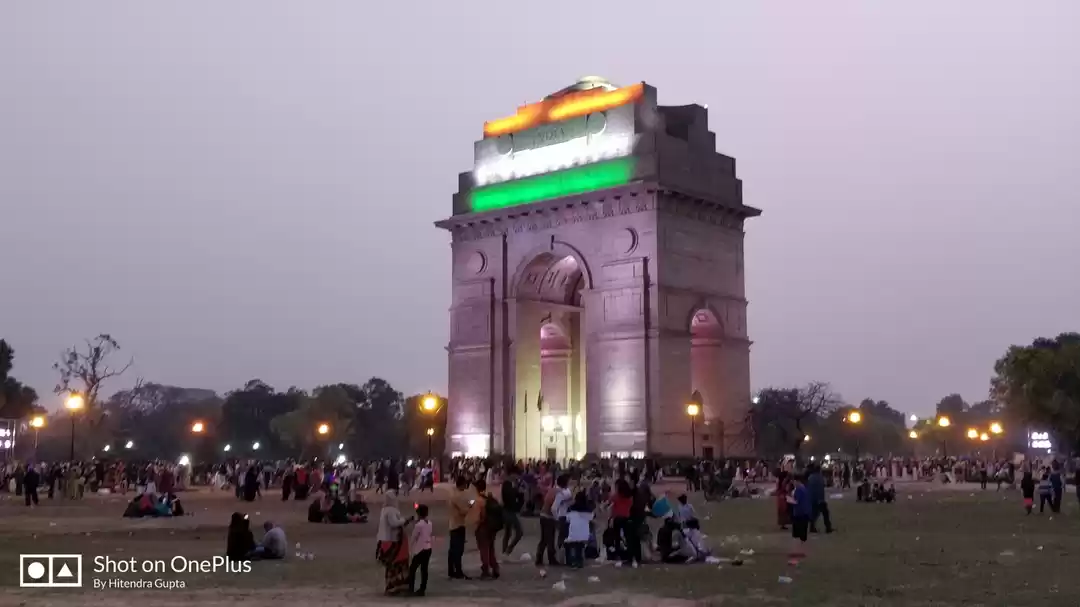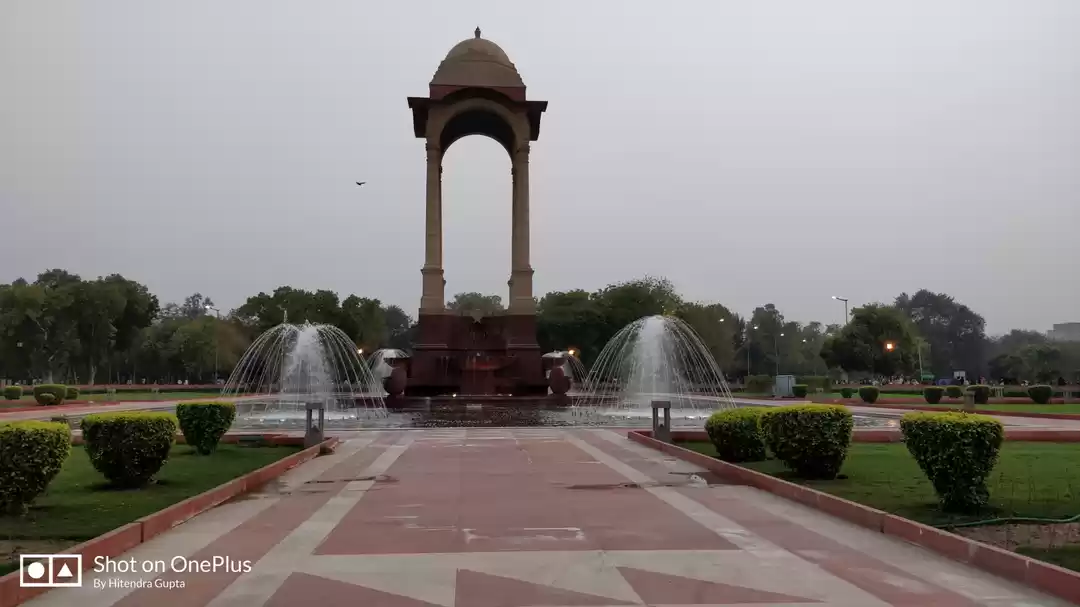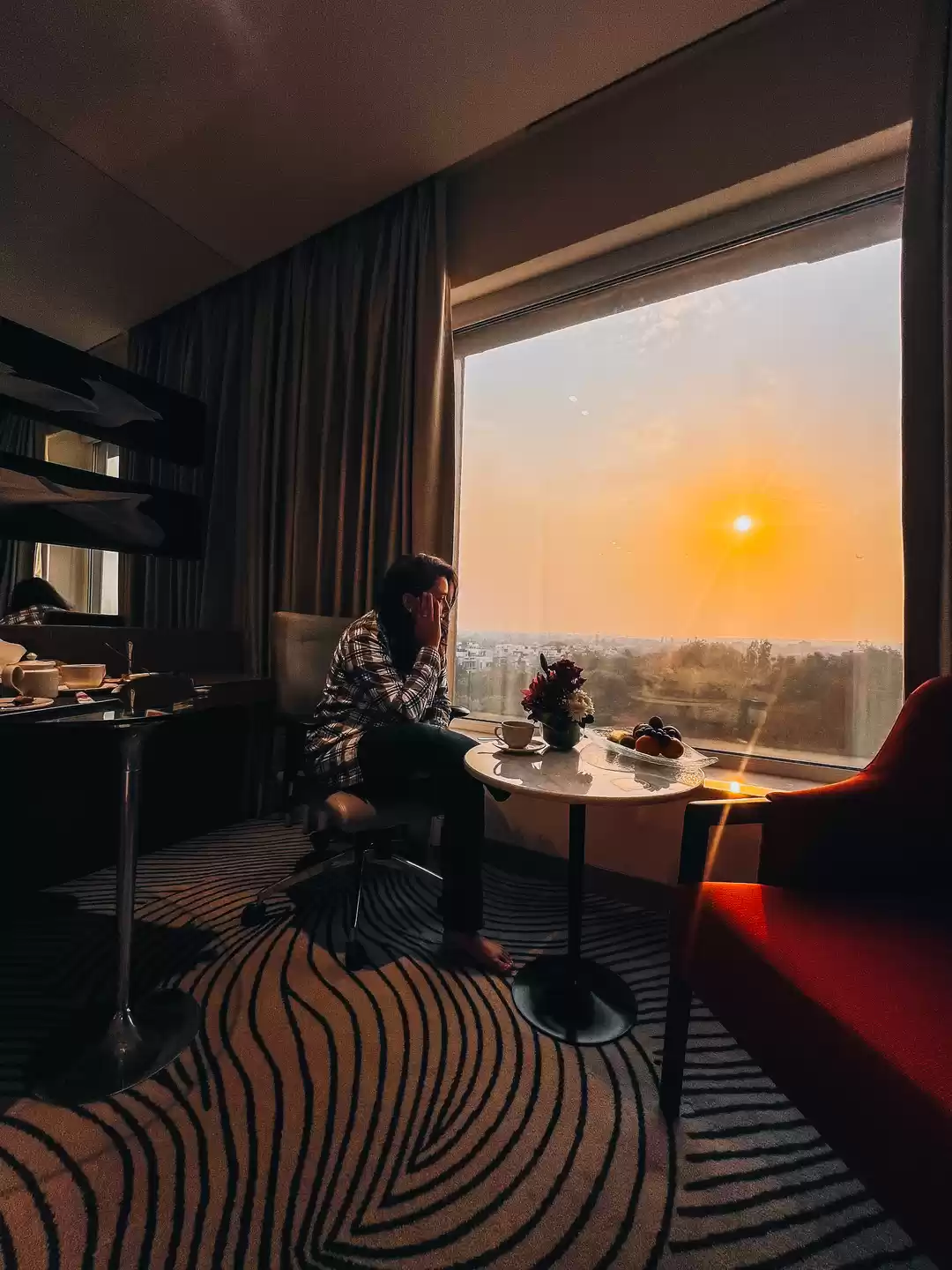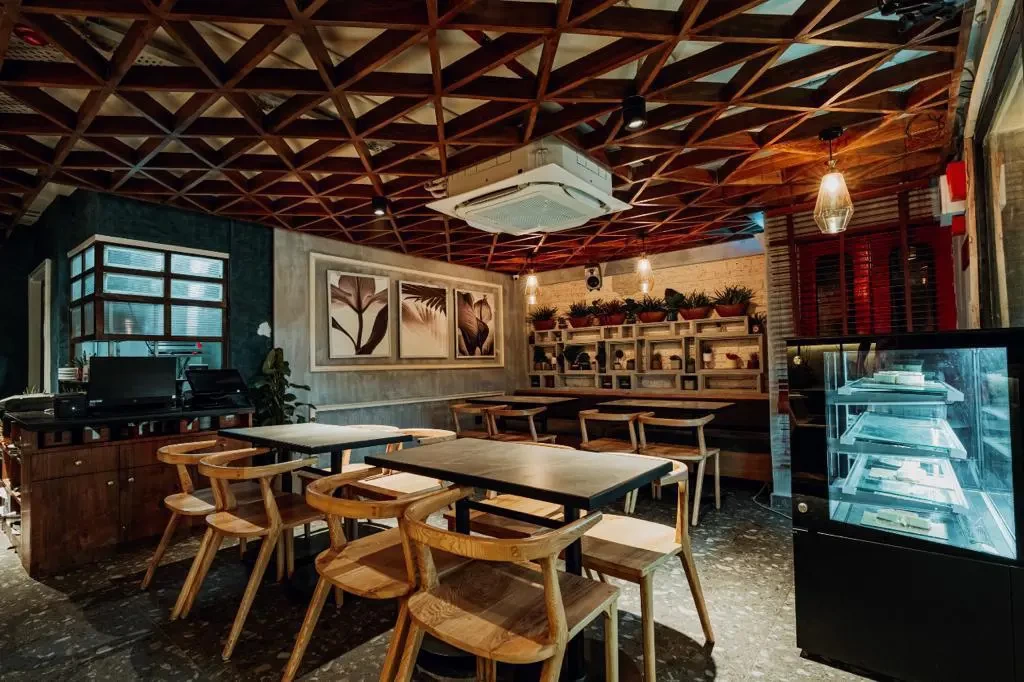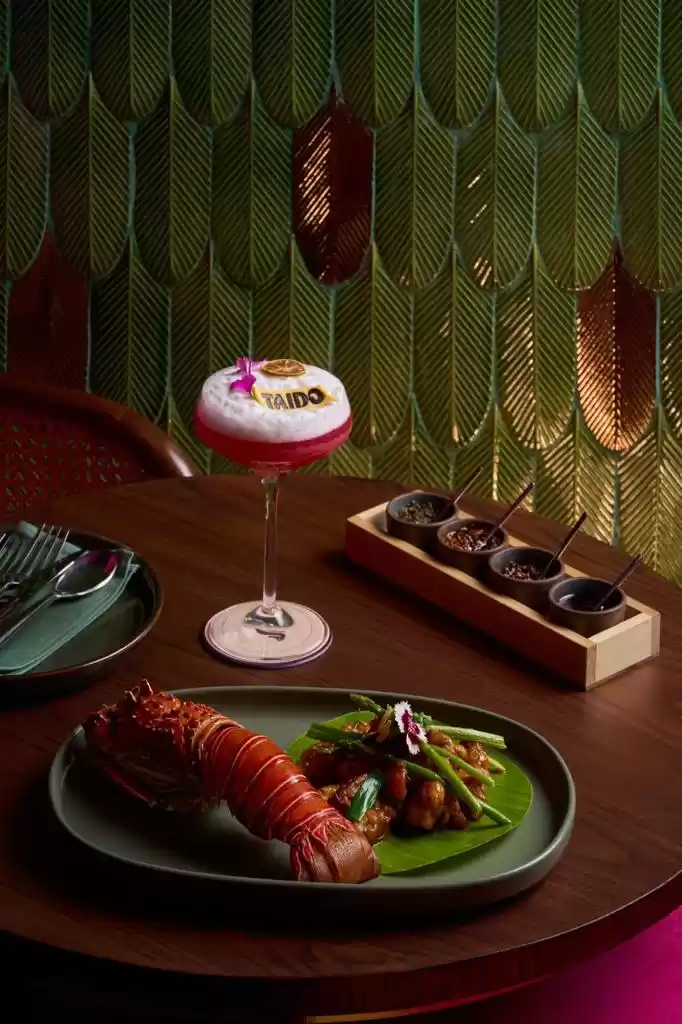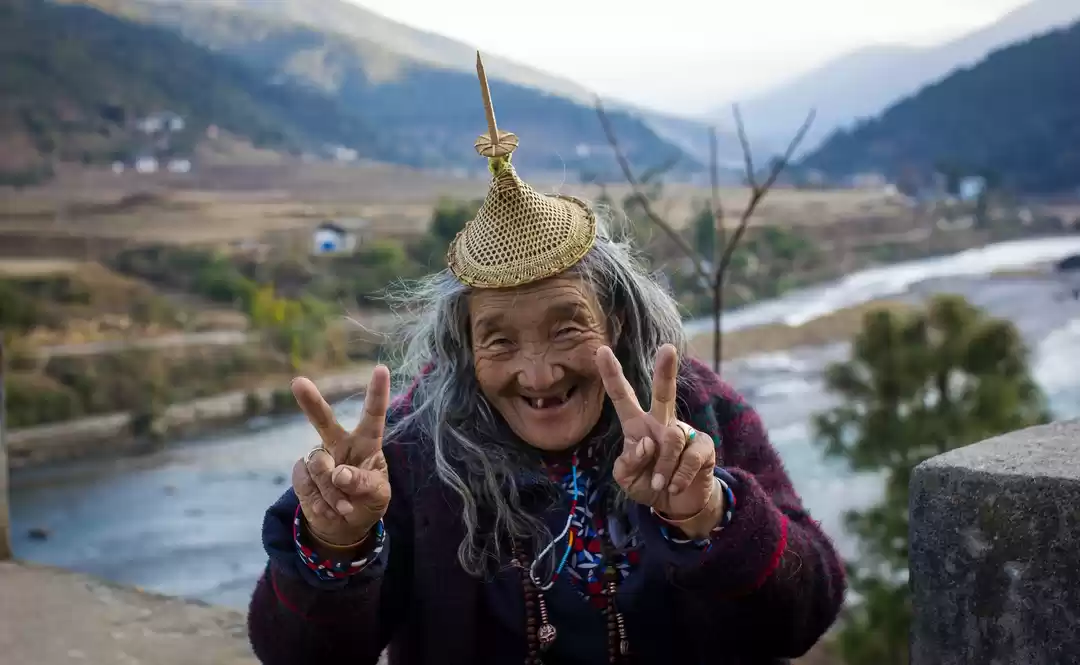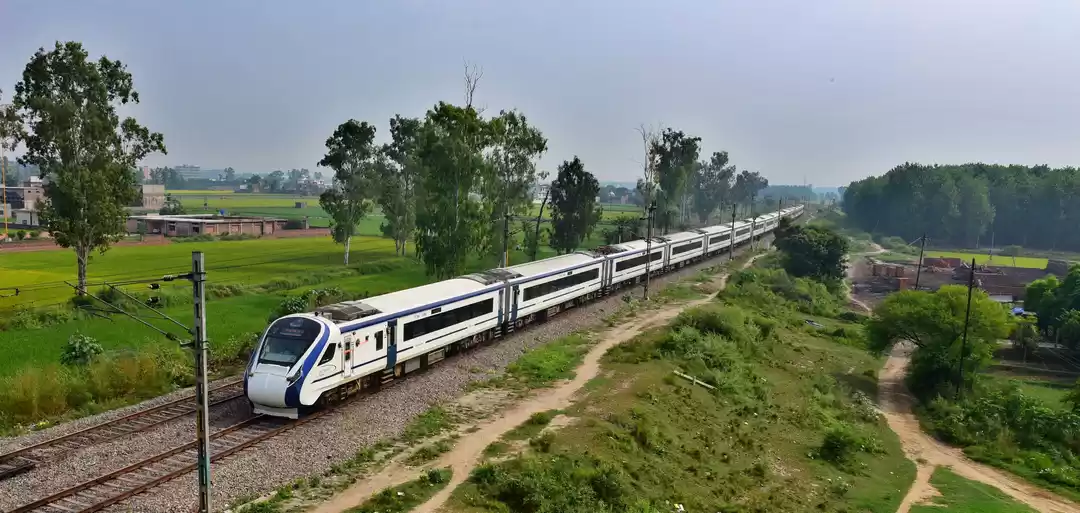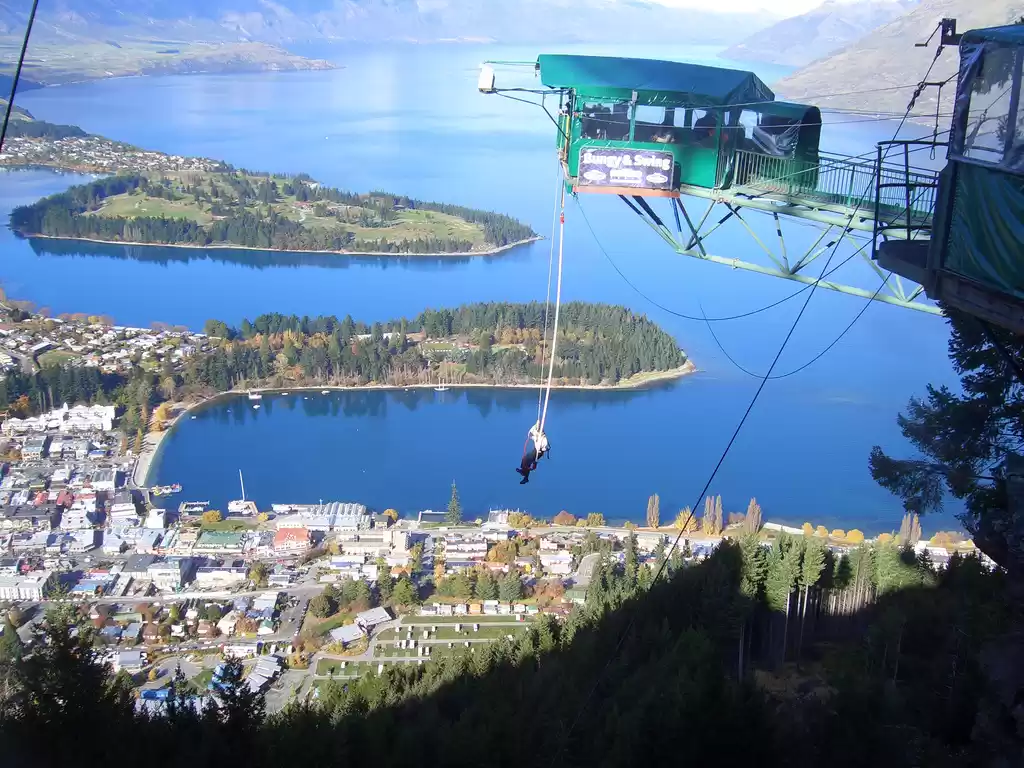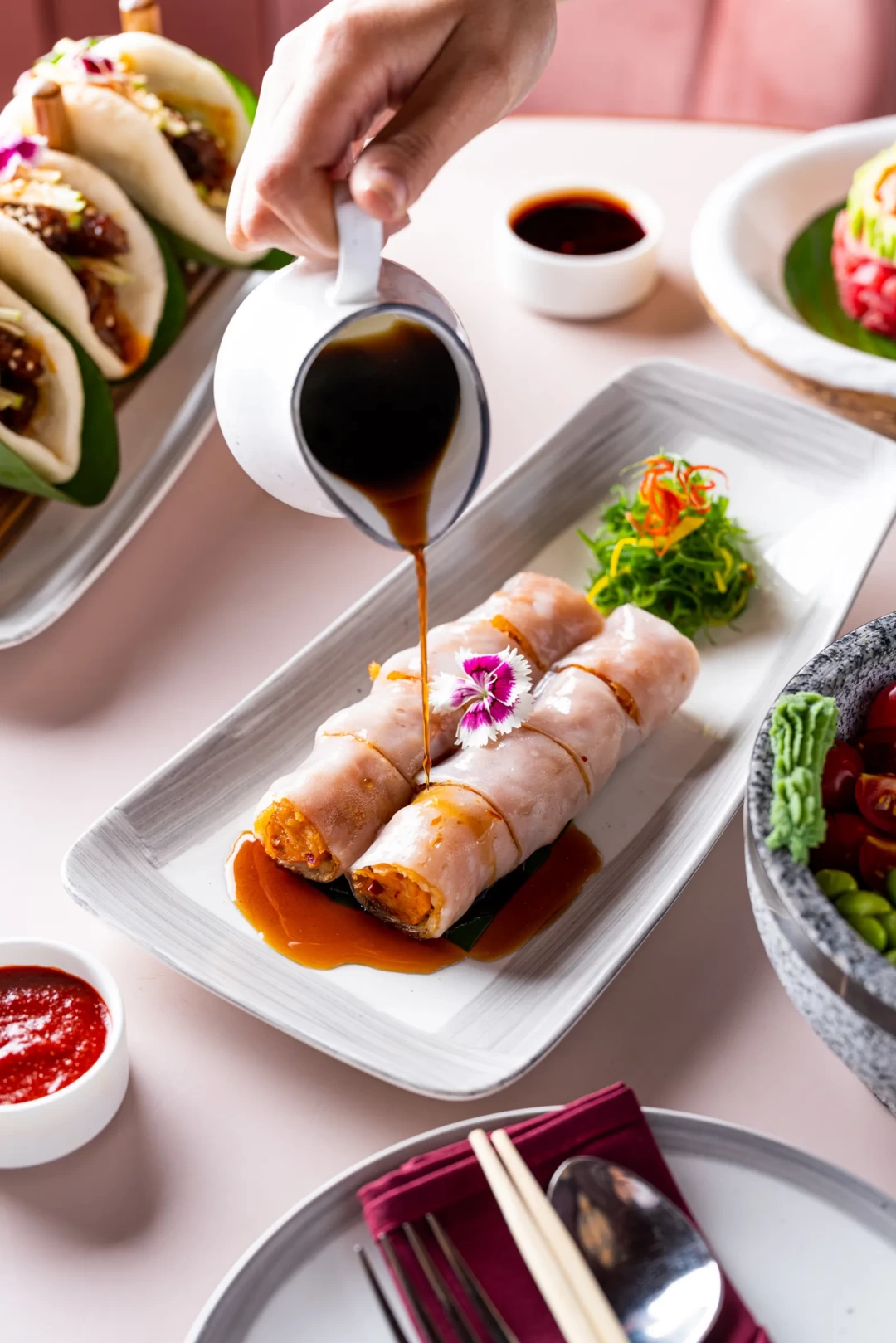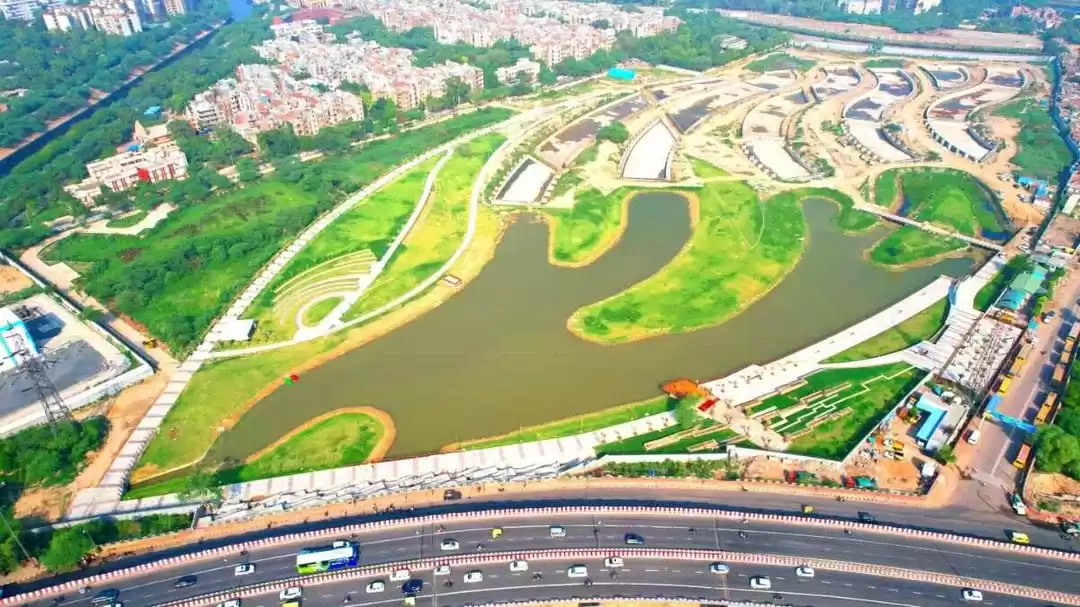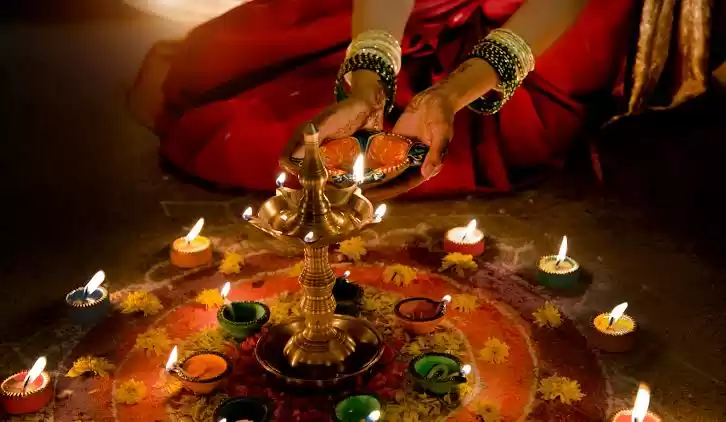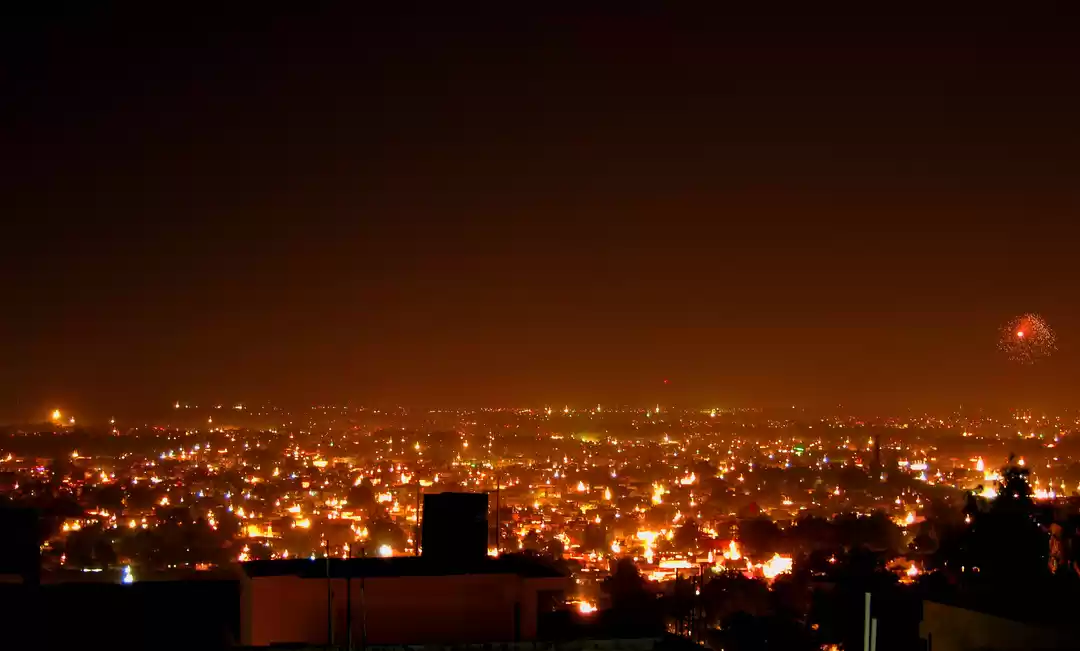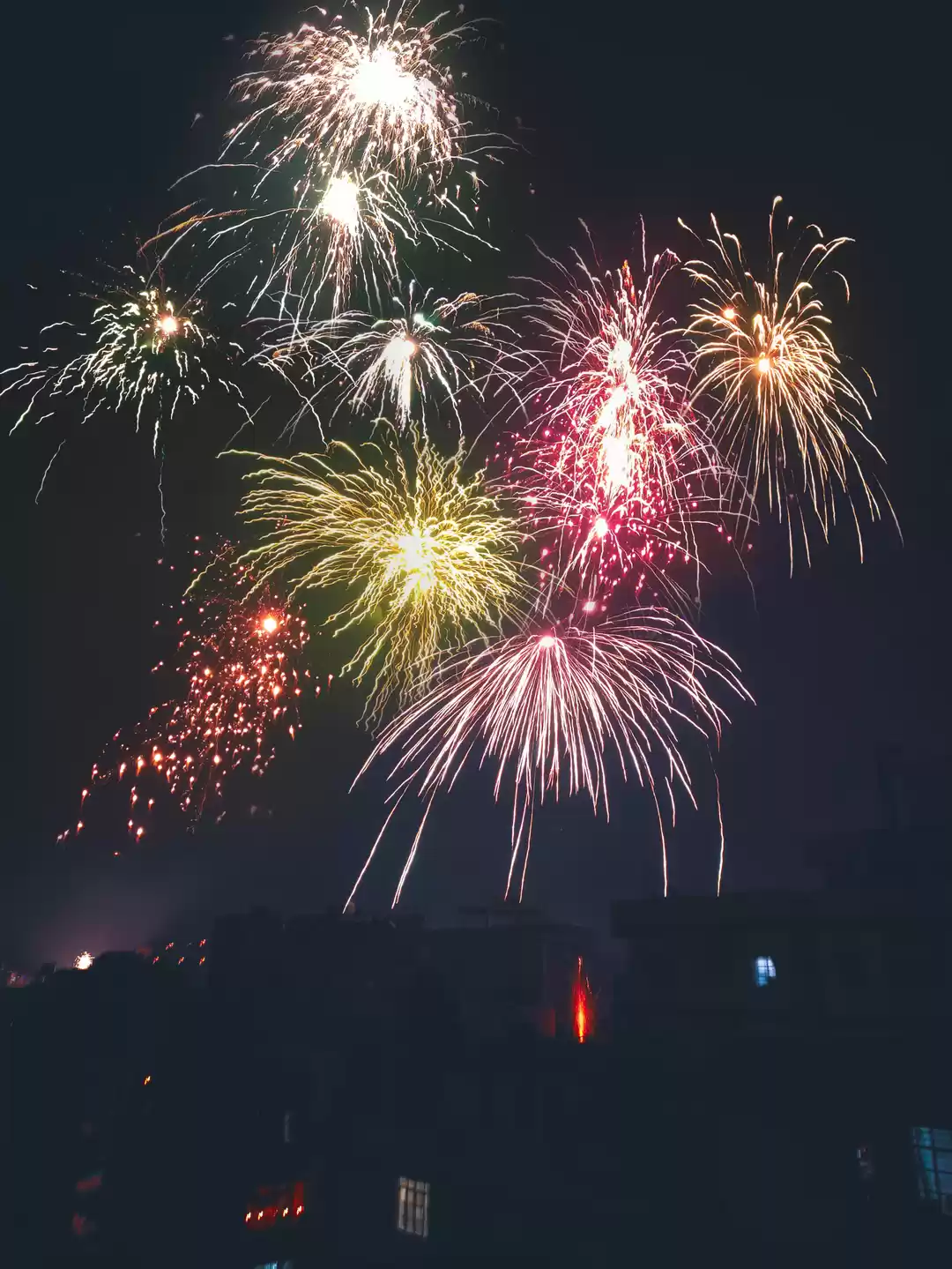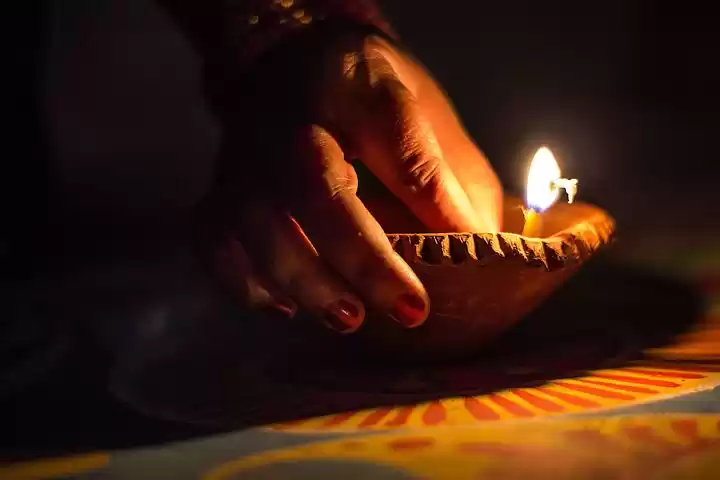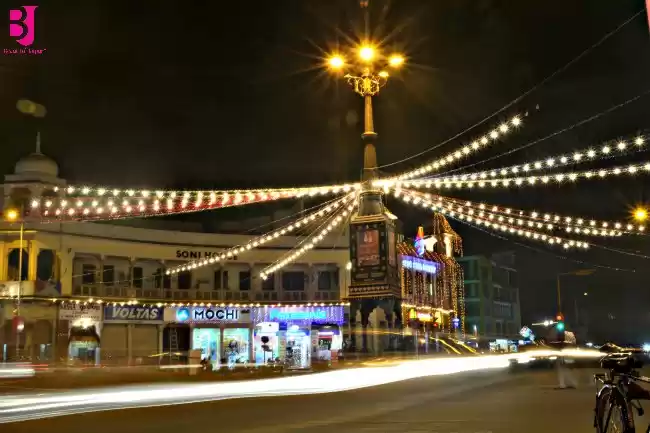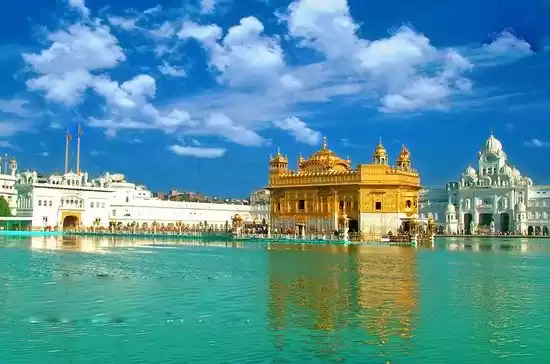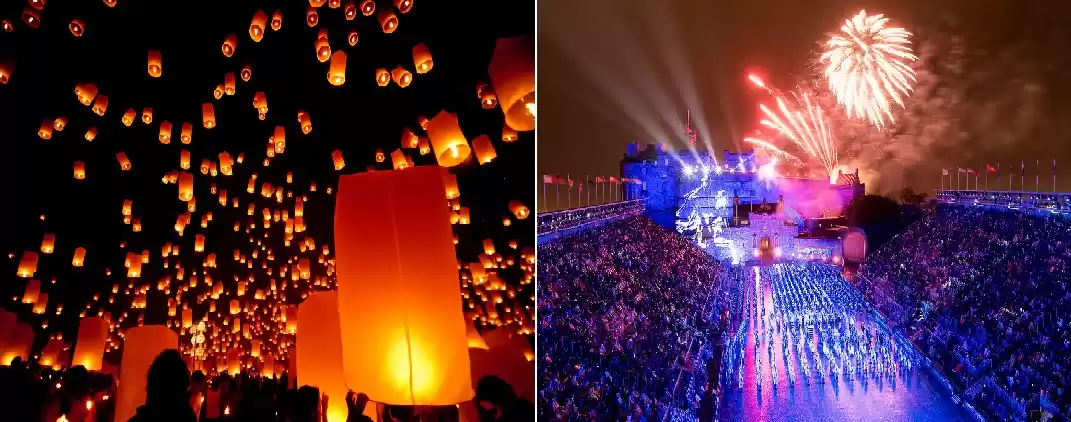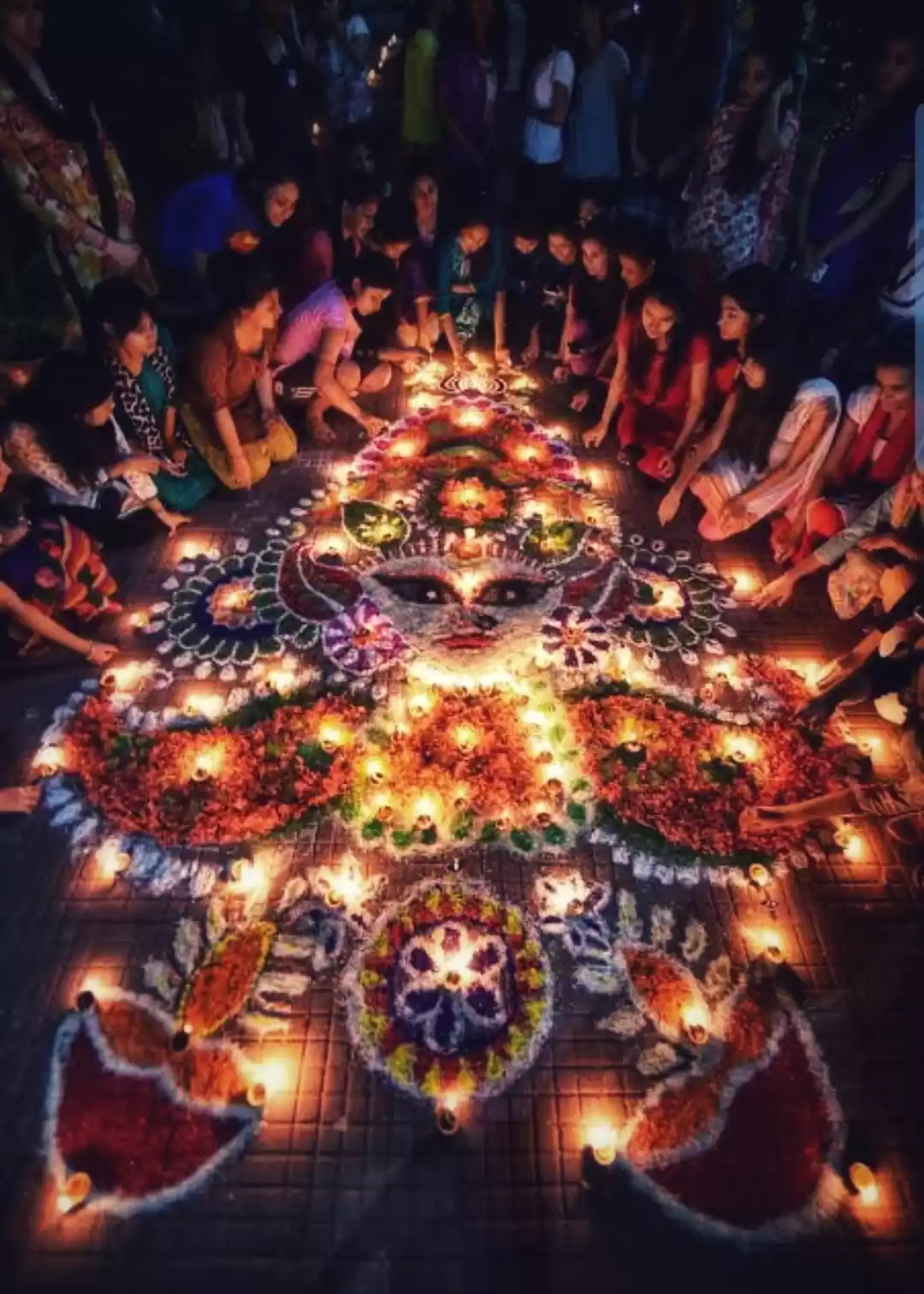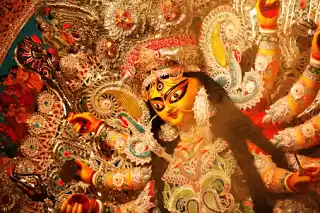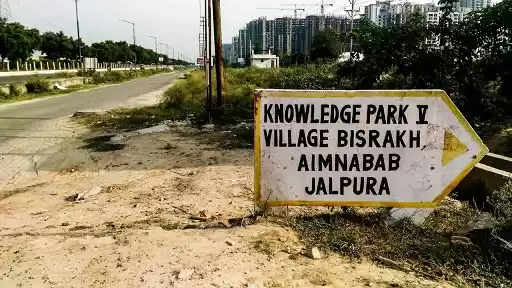Diwali is the only festival I remotely enjoyed.
I am not a big fan of our festivals in general. Except for the getting together with friends and family, there is nothing tempting about them.
("Humari sanskriti is best sanskriti" slogans in 4...3...2..)
But amongst all this helpless cynicism in my soul, I found a small place for loving Diwali. The house cleaning I was forced to do, buying new clothes (which in pre-pubescent years were nothing short of embarrassing), hiding kaju ki barfi under rajai so my brother didn't devour it overnight (which I used to anyway) and diye. Oh those little pots of light with fragrant oil rubbed on my hands! That was my favourite. Going to dark corners (which keep decreasing as Diwali approaches) and placing a small diya or candle there, seeing a corner lit with a soulful yellow luster.
The festival brought with it a bunch of holidays, and I grew up associating the festival of light with happy feelings. Which helped since my increasing age became directly proportionate to my dislike for enforced traditions. Especially in Delhi, where with every passing year we kept our doors shut longer than they were open.
To elaborate,
If you have spent even one Diwali evening in the city, then you must be aware of the smell of crackers sooting the air. This slow smell soon grips your throat, nose and lungs. And just in case you have a child, elderly person or an allergic at home, you can see the degrading plight first hand. God forsake if you have a pet.
From street animals to privileged ones, Dussera and Diwali is like a week in hell for them. The sudden surprising sound of a loud explosion leaves my dogs trembling, and no loud T.V. or music can save them. In fact for some goons tying a string of crackers on a dog's tail is also an idea of fun. To those I gift a private compartment inside Ravana's effigy.
The ritual of buying earthen pots hand made by craftsman who travel to Delhi from remote villages is haunted by capitalist consumption and ghost of Show-Off. The crackers Delhites spend fortune on is made by little hands of a child who (if) survives a fire-cracker making factory with dimmed eyes and toxic sickness. The kaju ki barfi is now contaminated to unpalatable extents. And the night of joyous lighting is ended with a morning of littered parks and coughing sounds.
Don't mistake me for a rebel without a cause, and don't you dare give me "oh we gotta have fun" shit.
The noise is getting louder. And I am leaving my home this year to explore if the essence of my once favourite festival still lives with sanctity and warmth. Are there children enjoying without suffocation? Are there neighbours greeting each other without materialist hypocrisy? And most importantly,
Do we even care about the festival?
Or is everyone still blindly burning Ravana's effigy while 2-year-olds are picked from Ramleelas and raped to death?
It is not just about the pollution that murdered my Diwali spirit in cold blood. It's the city whose depravity stands invincible even in this divine night of light.
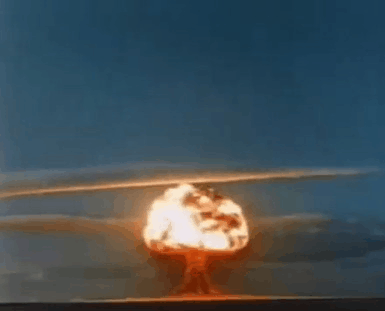
Here's what I will be doing instead.
Visit places which hold some mythological relevance. And even though they get flooded with tourists and zealots in peak seasons, at least their narratives have passed the test of time.
If I have to spend the night in religious euphoria I'd rather spend it at the isolated Sun Temple in Kashmir, instead of letting another urban city devour whatever's left of my childhood memories.
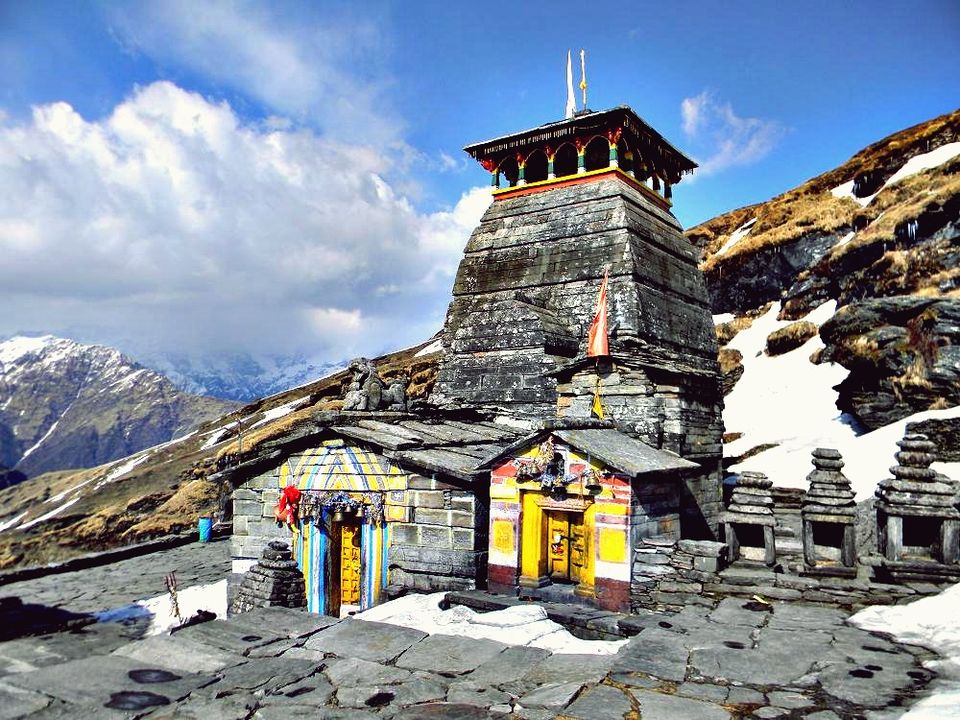
In fact, I'll be much happier trekking four days to reach Duryodhan's Temple (completely irrelevant to Diwali myth, I know!) and light a diya in the sublime divine of Himalayas.
I might take my parents to the depths of caves which are as old as the universe itself. The cave is mentioned in Manas Khand of Skand Puran and is said to be created during the creation of universe by Brahma. It is also believed that water from shivalingas of all four dhams reaches the cave and creates miniature formations of them. All of 33 koti (types) of gods are inscribed through natural formations in this limestone cave.
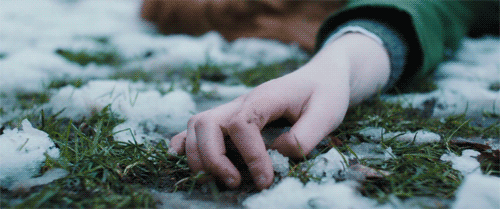
And even if none of these myths are true, they are at least not corrupted by life threatening ways of celebrating them.



